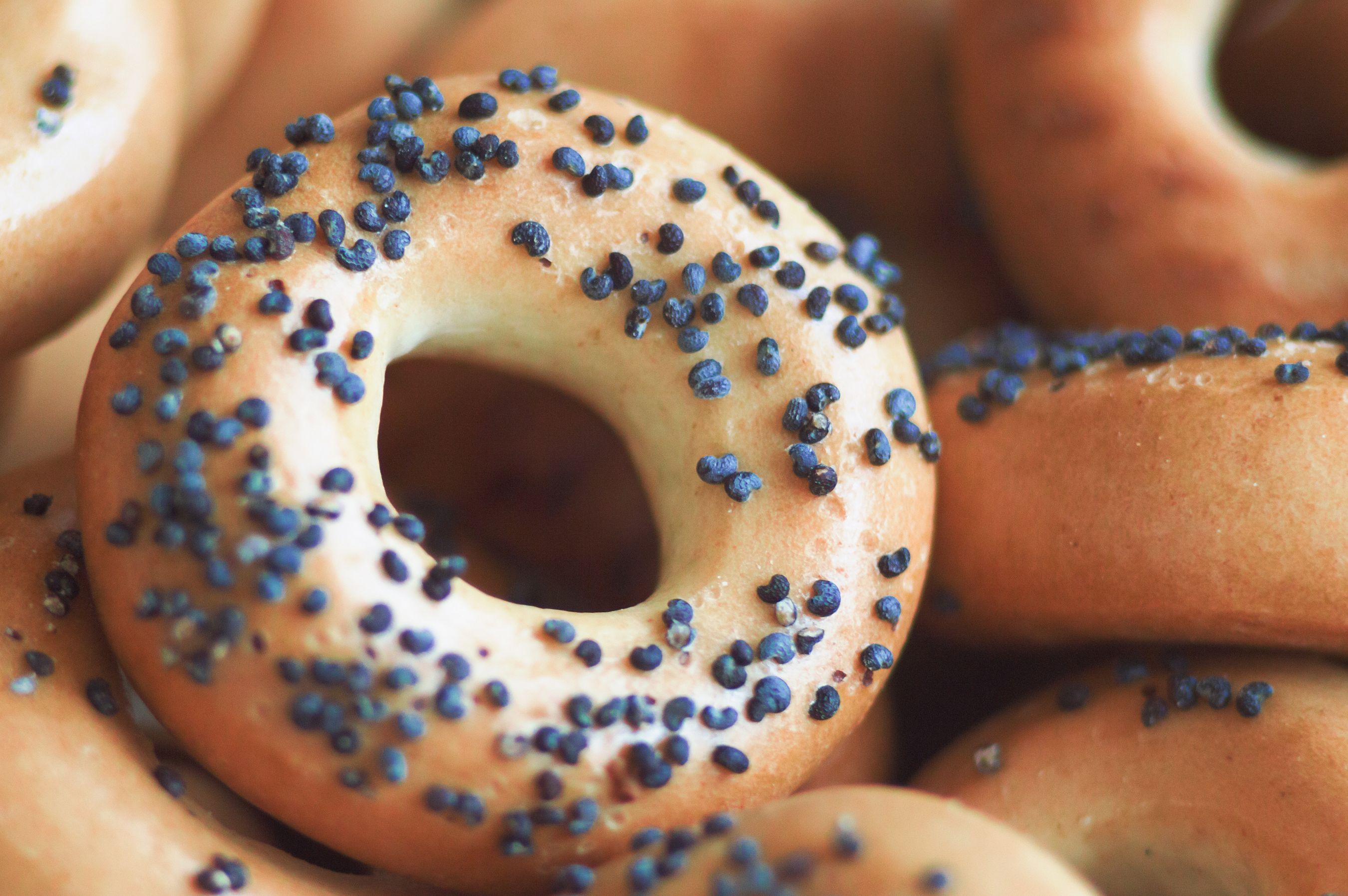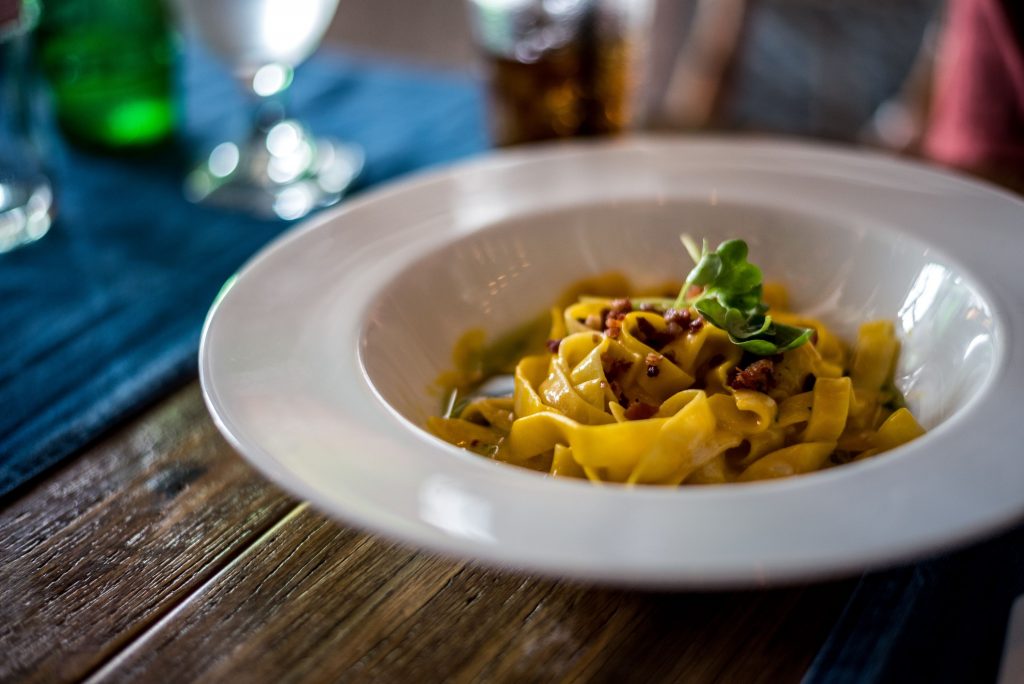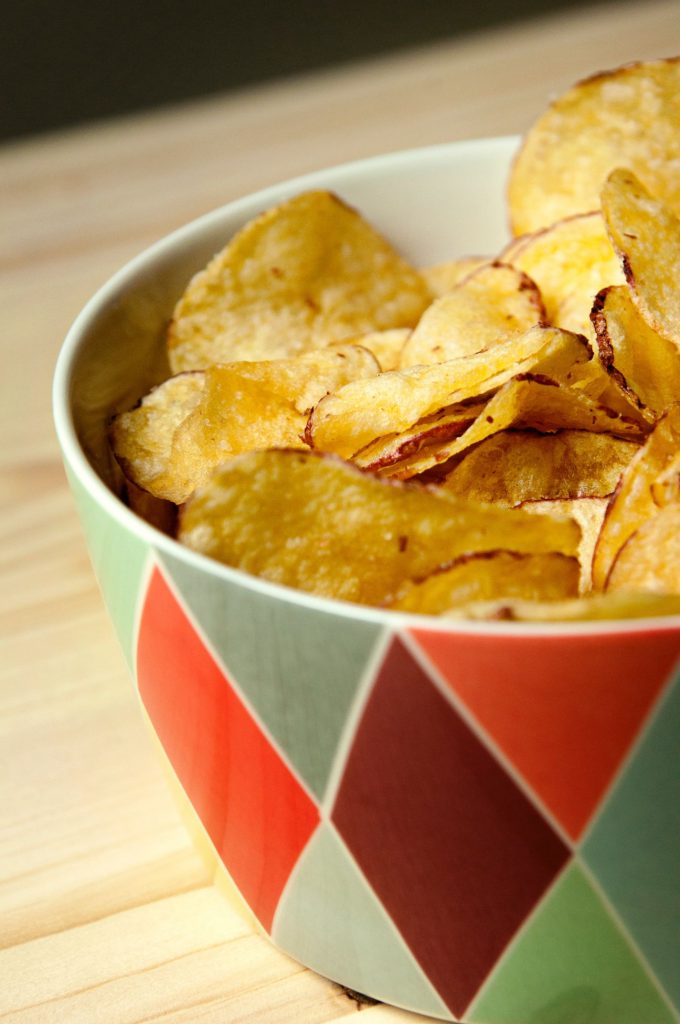Pastries, pasta and pizza, they are all carbohydrates that we cannot say no to very easily. Carbohydrates are generally in the kind of food we find delicious and tempting. We know it is not good for our body, but why is it so hard to resist? We like to explain it, because you are not the only one craving, for some carbohydrate food all day
Carbohydrates are something very important for our body. But it is important to know that there are two variants. The good and the not-so-good carbs. Feel free to say ‘bad carbohydrates’. These bad carbohydrates unfortunately cause health problems too often. And exactly this delicious pizza, pasta or that pastry with coffee consists of bad carbohydrates. Whyyyyyy?
The secret is the existence of a sixth taste
A recent study, done by the University of Oregon State, shows why the craving for carbohydrates persists. For a long time we thought that our taste could only distinguish five flavors. Namely the tastes for sour, sweet, salty, bitter and umami. The word umami is coming from Japan and means savory. But now there appears to be an extra taste which we perceive and which we apparently love. The sixth taste is a “starchy taste“. Our taste buds associate this taste with carbohydrate-rich foods. Bread and rice are included here, just as all previously mentioned carbohydrate-rich meals.
Perform taste tests to proof why we like carbohydrates
It seems as if some people experience a special taste sensation when eating carbohydrates. Because there must be a reason why the food that contains carbohydrates is so attractive.
The researchers at the university conducted a whole series of taste tests. Each test contained a different type and a different amount of carbohydrates. The participants extensively assessed and described the tasted taste of each product. This sixth taste was generally described as starchy. This description is culture dependent. The Asians call this taste rice-like. While people against the Russian border described the taste as bread-like or pasta-like. But all agreed that it seemed as if they were eating something made from flour. And even when the product contained a special chemical compound which blocked the tongue for this sixth taste. Instead of the starchy taste, the participants tasted a sweet taste. From this, it was concluded that despite the processing of food, the starchy taste could be identified. This clearly shows that the taste pupils in our mouth can recognize this sixth taste above all else. Even before the molecules are broken down into sugar molecules.
Sensitivity to carbohydrates
Not everyone appears to be equally sensitive to the sixth taste. Just like not everyone is equally sensitive to sugar or salty flavors. But people who do experience a special taste sensation when eating carbohydrates, are constantly craving for these foods. The danger is that there is a greater chance of developing obesity. With all the health problems that result from this.
In a study that appeared in The Journal of Nutrition, researchers focused on two common types of carbohydrates. Maltodextrin and oligofructose. These are carbohydrates that are used in almost all daily products. For example products such as bread, pasta and rice. The research was aimed to see the relationship between the urge for these carbohydrates and the waist circumference. The results were a confirmation of what was already expected. The people with sensitivity to this sixth taste also ate more carbohydrate-rich foods. This was also reflected in body weight and waist circumference.

Also a seventh taste on the way?
Fat also appears to be a taste. But can you taste fat? Yes indeed, you can. What you really taste are the fatty acids. It is mainly the mouth feel and a certain creaminess that helps us to taste fat. Some people would also be more sensitive to this taste than others would. But contrary to the results of the carbohydrate research, fat-sensitive people ate less fat. When we talk about pure fat. There are also studies that show that people experience the taste of fat as dirty and unpalatable. But if fat is used as a flavor carrier, it can be addictive again. In this way, fat appears to be considered as the seventh taste in the list.
What does smell do with our taste sensation?
The food industry is constantly improving the tastes in products. The odor also appears to be an important factor here. Putting food in our mouths creates hundreds of different stimuli. Most of these occur in the nose. And that nose is therefore extremely important when tasting food. The characteristic odor of food determines whether we like food as well.
As many as two to three hundred receptors play an important role in detecting odor. You can imagine that so many receptors provide an avalanche of stimuli. Fortunately, our mouth knows very well how to reduce these incentives. The mouth first senses whether what we put in our mouth is good to eat or not. The mouth is vigilant, it makes sure the food is not spoiled, but is also vigilant for unwanted hard bits. We could choke on this. And that is the automatic mechanism we have developed in the course of evolution. It protects us without even consciously thinking about it.
What can we conclude about the craving for carbohydrates after these investigations?
The craving for carbohydrates is therefore caused by a so-called starch-like taste. A new taste that is indicated differently by different cultures. We know that the taste of sugar is very attractive, but that it causes saturation in the short term. Sugar-containing products are tasty. But we prefer to eat them only in smaller quantities. While you would choose carbohydrate-rich products as a basic food. Or at least would you eat in larger quantities. Just think of a pasta salad or a few slices of bread a day. This new sixth taste, the so-called starch taste, shows that the human taste is much more complex than previously thought.




